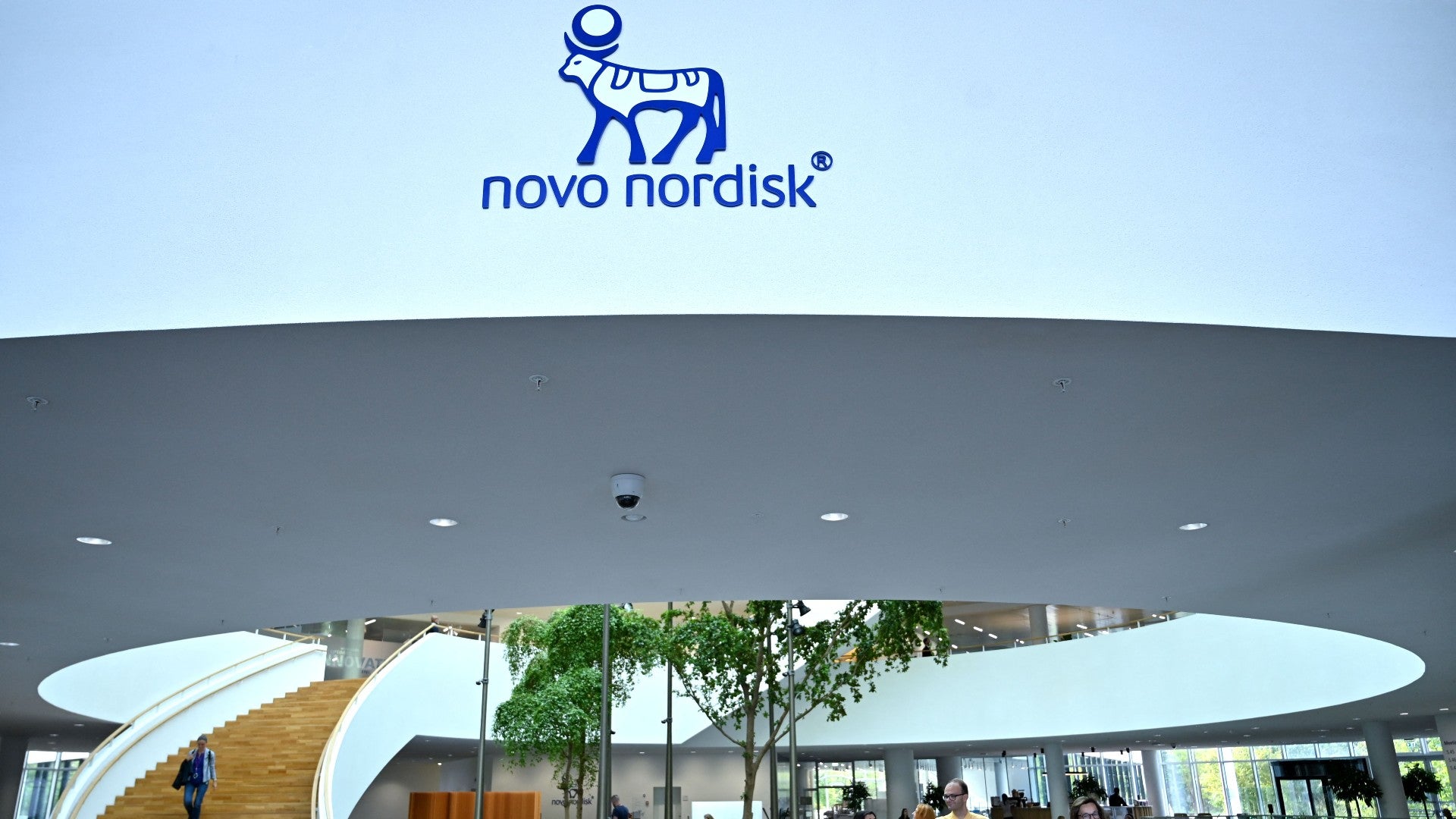
Novo Nordisk, manufacturer of blockbuster drugs Ozempic and Wegovy, announced Wednesday (29 November) that it is suing a compounding pharmacy in Florida and refiling a suit against another for selling fake semaglutide.
The suit alleges that Wells Pharmacy Network and Brooksville Pharmaceuticals, both compounding pharmacies based in Florida, are selling products that claim to contain semaglutide but that are heavily adulterated.

Discover B2B Marketing That Performs
Combine business intelligence and editorial excellence to reach engaged professionals across 36 leading media platforms.
Some samples tested by Novo allegedly contained up to 33% of unknown impurities, and others contained BPC-157, a peptide banned in use for compounding due to safety concerns. Many samples were also under the reported strength, with one containing 19% less semaglutide than advertised.
Compounding pharmacies have been a thorn in Novo and competitor Eli Lilly’s side for much of this year, but fighting them isn’t easy. They are legally allowed to buy semaglutide from manufacturers because Ozempic is on the FDA’s official shortage list, and the number of clinics and pharmacies dispensing off-brand versions of the drug means that taking them all down is a lengthy process.
Novo has won injunctions previously to prevent companies from marketing its drugs as Ozempic or Wegovy, but loose regulation in the field of compounded drugs means that there is little it can do to prevent sales of semaglutide itself. The issue for the company is that many buying these drugs do not know that they aren’t officially affiliated with Novo, which can cause brand image problems.
An attorney for Brooksville told Endpoints News yesterday that it will seek to dismiss the case.

US Tariffs are shifting - will you react or anticipate?
Don’t let policy changes catch you off guard. Stay proactive with real-time data and expert analysis.
By GlobalDataWhether or not Novo is successful in these suits, the problem of compounding pharmacies will remain for as long as there is a shortage of Ozempic and a demand for its weight loss capabilities. Though the company claims to be taking the issue seriously, it is at the same time continuing rapid expansion into new markets, meaning these supply issues are likely to remain.
A GlobalData analysis of Novo Nordisk’s company filings shows that ESG, which includes the social impact of its products, is the top thematic concern for Novo, appearing above economic and product concerns.
GlobalData is the parent company of Pharmaceutical Technology.
Our signals coverage is powered by GlobalData’s Thematic Engine, which tags millions of data items across six alternative datasets — patents, jobs, deals, company filings, social media mentions and news — to themes, sectors and companies. These signals enhance our predictive capabilities, helping us to identify the most disruptive threats across each of the sectors we cover and the companies best placed to succeed.



